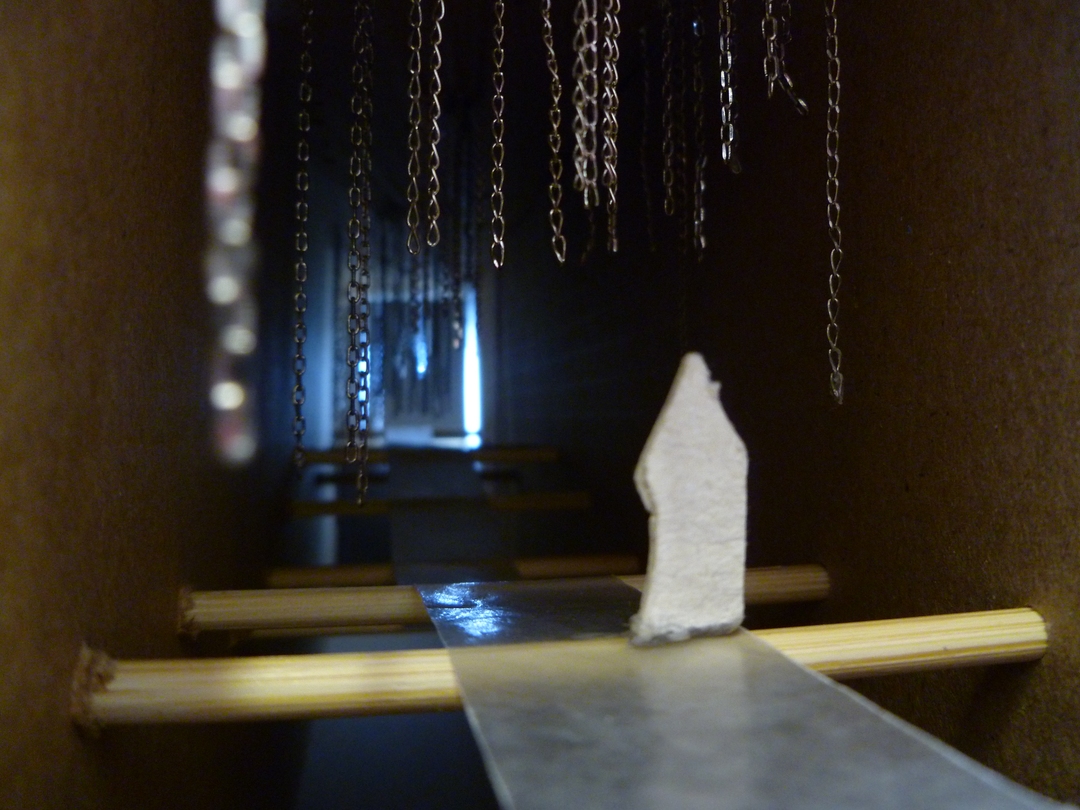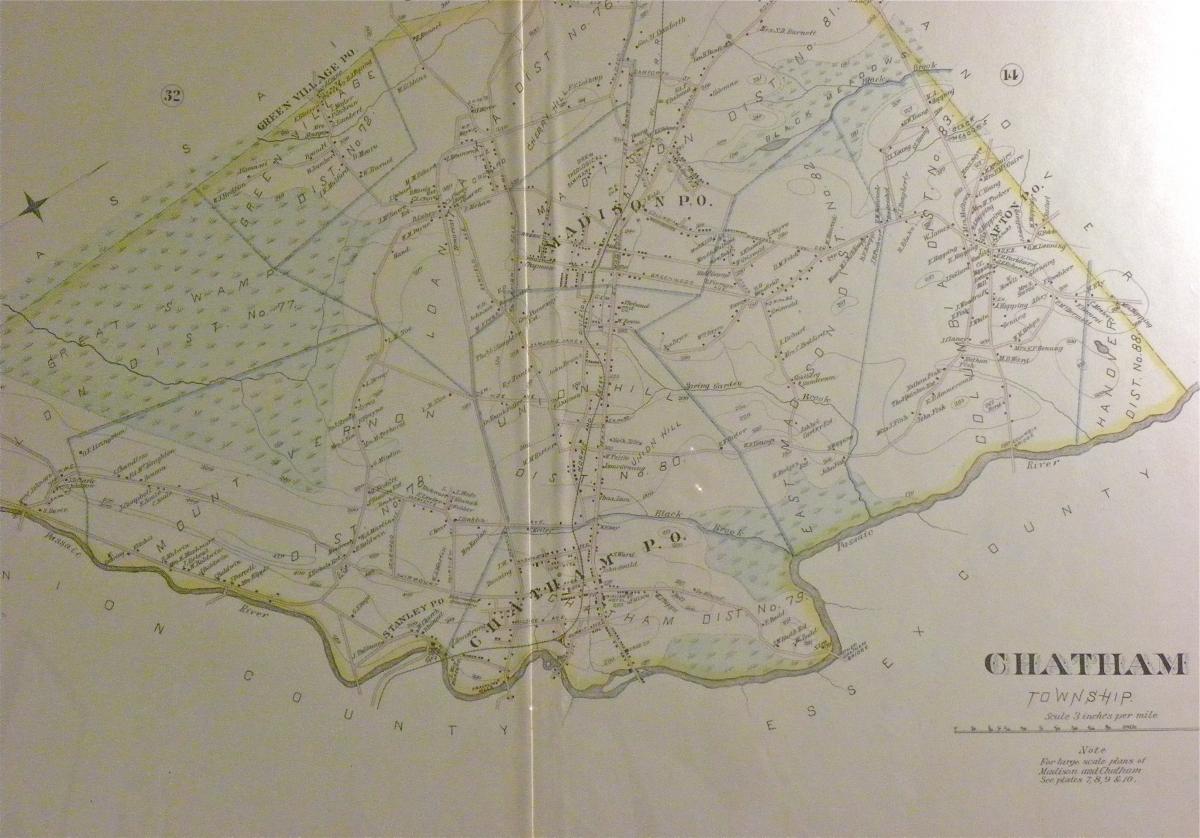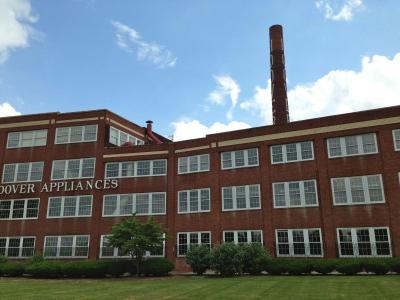I went to buy the Roland Juno-6 with my best friend Michael the summer I was sixteen, before either one of us had a driver’s license. Other boys saved their house-painting money and bought an electric guitar with a starter amp. Or a five-piece drum kit, if they had the kind of parents who tolerated an unholy racket in the basement. Michael and I had earned eight dollars an hour for two weeks to stain a cottage on the Cape, a mythic payday that had sent us whooping and hollering into the waves, and I wanted to buy a synthesizer with my share of the windfall.
Essays
Lab of Literary Architecture
By SCOTT GEIGER
Last month I enjoyed following media coverage of an unusual writing workshop and design studio held at Columbia University. Italian architect and writer Matteo Pericoli originated his “Laboratory of Literary Architecture” course in Turin, and brought it to New York this spring as a joint course for students of the School of Writing and the Graduate School of Architecture, Planning and Preservation.
A Geography of Hurt
Chatham Rock
For a gardener, geology is destiny. My little bit of earth is in a town surrounded on three sides by water. Chatham, New Jersey, sits at an elbow of the Passaic River that forms its northern and eastern boundaries. To the south, the so-called Great Swamp soaks vast acreage. Yet for all of its perimeter liquid, the town is built on rock.
Garbage Island
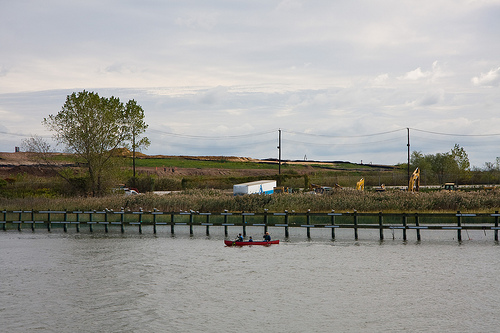
“You’re from Garbage Island,” a college friend said.
He wasn’t wrong. My hometown housed Fresh Kills, once the largest landfill in the world – so vast it could be seen from outer space with the naked eye. My classmate was from Queens, which, according to the rest of the city, was still a notch above Staten Island, the forgotten borough of parks. The borough with New York City’s trash.
Angels Landing

It’s summer in Zion National Park, and I am thinking about water. Thunderstorms have felled trees and left silt in the air, and the river slicing through the center of the canyon rushes high and murky, the warm red brown of long-brewed chai. Sagebrush sweetness mixes with evergreen; cedar leaves rustle; and in the morning cool below mountains of rock, it doesn’t feel like Utah.
From “Mañana Means Heaven”
Excerpt from the forthcoming novel Mañana Means Heaven:
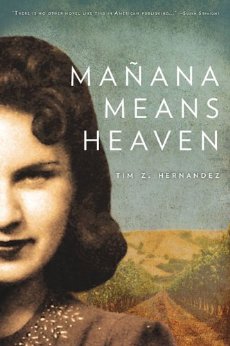
Wednesday, October 22, 1947
The workers couldn’t stop talking about it. Especially that whole first day after it happened. According to the paper, a “wetback” was found strung up in a sycamore tree near Raisin City. From his neck dangled a cardboard sign:
PARASITE
The Fresno County Coroner confirmed that because nowhere on the body were there bruises or scrapes the only logical explanation was suicide. A common occurrence among braceros. Naturally. They missed their families back home. Depression was inevitable. Fear was constant. The food too bland. A bottle of whiskey was found half emptied nearby. And for Xixto María Martínez, all the signs were there. On this very day his contract was up. As for the brief poem found on his person, the paper offered no explanation, except to say: Mr. Martínez had a way with words. It was imminent now. Xixto dying the way he died was only a suggestion.
How Should I Care For?
1. Consider what damages
Yes, light, pests, dirt, but also the whole climate, and pets and people. Don’t forget the stress of storage or display. Whether to be “used and enjoyed” or “saved and preserved” – you must decide. There is no quick or simple answer. I was given this, but how should I make sure it is safe? That it does not begin to decay, then all but disappear. There are basic measures that anyone can take. Preserving fibers will prolong life.
Ultraviolet light from the sun and fluorescent lights cause permanent damage. Be alert to how the sunlight might be reflecting off a wall or mirror.
In Court
My mother walked toward the courthouse at her usual fast clip, and the smoke from her Marlboro hung over her head. My brother Bernard and I trailed her as we crossed Church Street, and the fall leaves, mostly auburn and pumpkin, crunched under our feet. Everything else around us was so still.
Three weeks before, Mom had called me in the middle of the night to tell me that Bernard had been arrested. After we got off the phone, I wasn’t sure what to do. Even though Bernard was eighteen years old, only six years younger than I was, I had taken care of him his whole life. I had enjoyed his victories––homeruns and high scores––as if they were my own. I was sure his mistakes were mine, too.
Hooverville
By SAHIBA GILL
1.
Over the past forty years, Industrial Realty Group has acquired over a billion dollars of America’s obsolete industrial complexes, former military bases, and corporate campuses for retrofitting, conversion, and privatization. In 2007, the firm acquired the newly closed Hoover Plant, two blocks from my high school. Hoover once made the world’s most famous vacuums, and its old headquarters are still tremendous, a magnificent crowd of red brick and white windowpanes that run along a green lawn and announce themselves in white letters, “The Home of Hoover Fine Appliances.”

